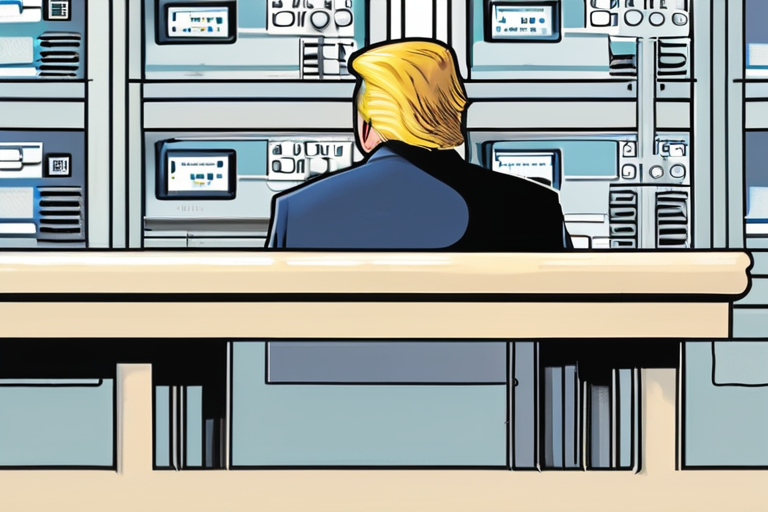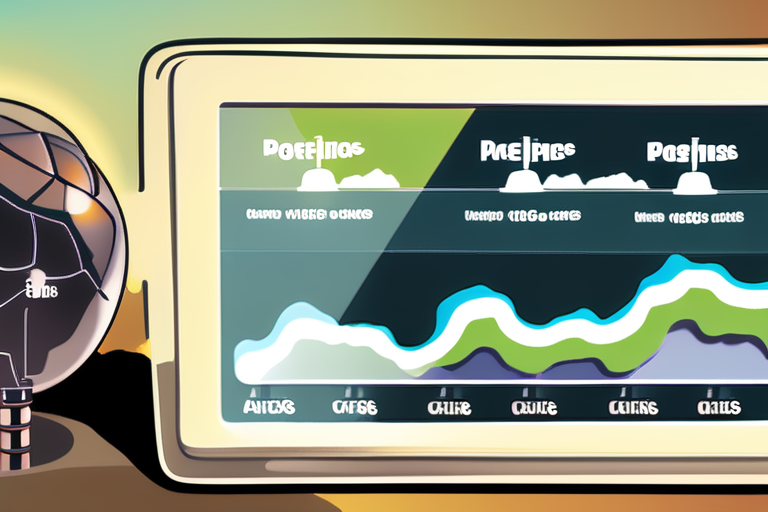

Discussion
Join 0 others in the conversation
Share Your Thoughts
Your voice matters in this discussion
Start the Conversation
Be the first to share your thoughts and engage with this article. Your perspective matters!
More Stories
Discover articles from our community

Trump Admin Denies Whistleblower's Claim of Social Security Database Breach on Unsecured Cloud System
 Hoppi
Hoppi

VMware Faces Massive Workload Exodus by 2028: 35% to Migrate Elsewhere
 Hoppi
Hoppi

"Energy Price Cap Rises by 2% in October"
 Hoppi
Hoppi

Shark Enters Beauty Market with High-Tech At-Home Facial Kit
 Hoppi
Hoppi

Ryanair to increase oversized bag bonus
 Hoppi
Hoppi

Thinking Machines Lab Unveils Breakthrough AI Product After Years of Stealth Development
 Hoppi
Hoppi

Trump Admin Denies Whistleblower's Claim of Social Security Database Breach on Unsecured Cloud System
Trump Administration Denies Whistleblower's Allegation of Social Security Database Breach The Trump administration yesterday issued a lengthy denial of a …

Hoppi

VMware Faces Massive Workload Exodus by 2028: 35% to Migrate Elsewhere
VMware Faces Significant Loss of Business by 2028, Gartner Research Suggests A significant chunk of VMware's business is expected to …

Hoppi

"Energy Price Cap Rises by 2% in October"
Energy Bills to Rise by £35 in October as Ofgem Announces 2% Price Cap Increase Millions of households in England, …

Hoppi

Shark Enters Beauty Market with High-Tech At-Home Facial Kit
SHARK ENTERS BEAUTY MARKET WITH AT-HOME FACIAL KIT Shark, the well-known manufacturer of high-end vacuum cleaners, has expanded its product …

Hoppi

Ryanair to increase oversized bag bonus
Ryanair to Increase Bonus for Interceptors of Oversized Bags DUBLIN, IRELAND - Ryanair, a low-cost Irish airline, announced plans to …

Hoppi

Thinking Machines Lab Unveils Breakthrough AI Product After Years of Stealth Development
The AI Revolution Just Got a Whole Lot Smarter In the world of artificial intelligence, innovation often happens behind closed …

Hoppi
